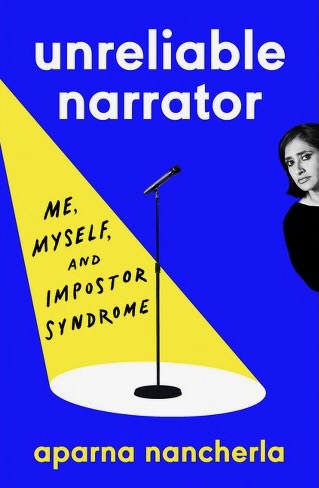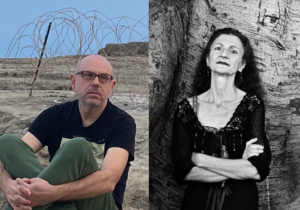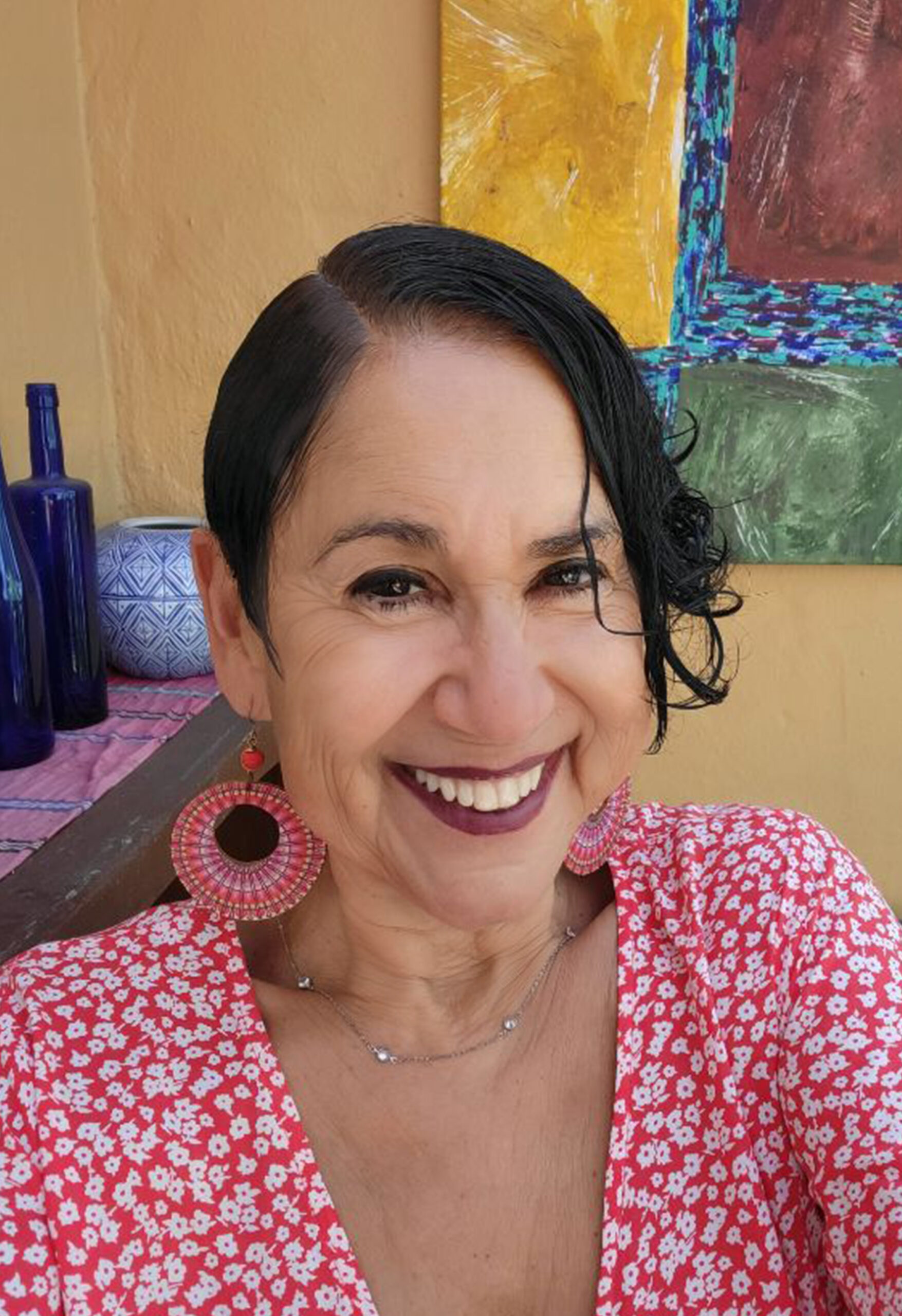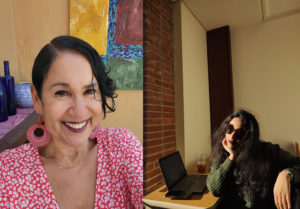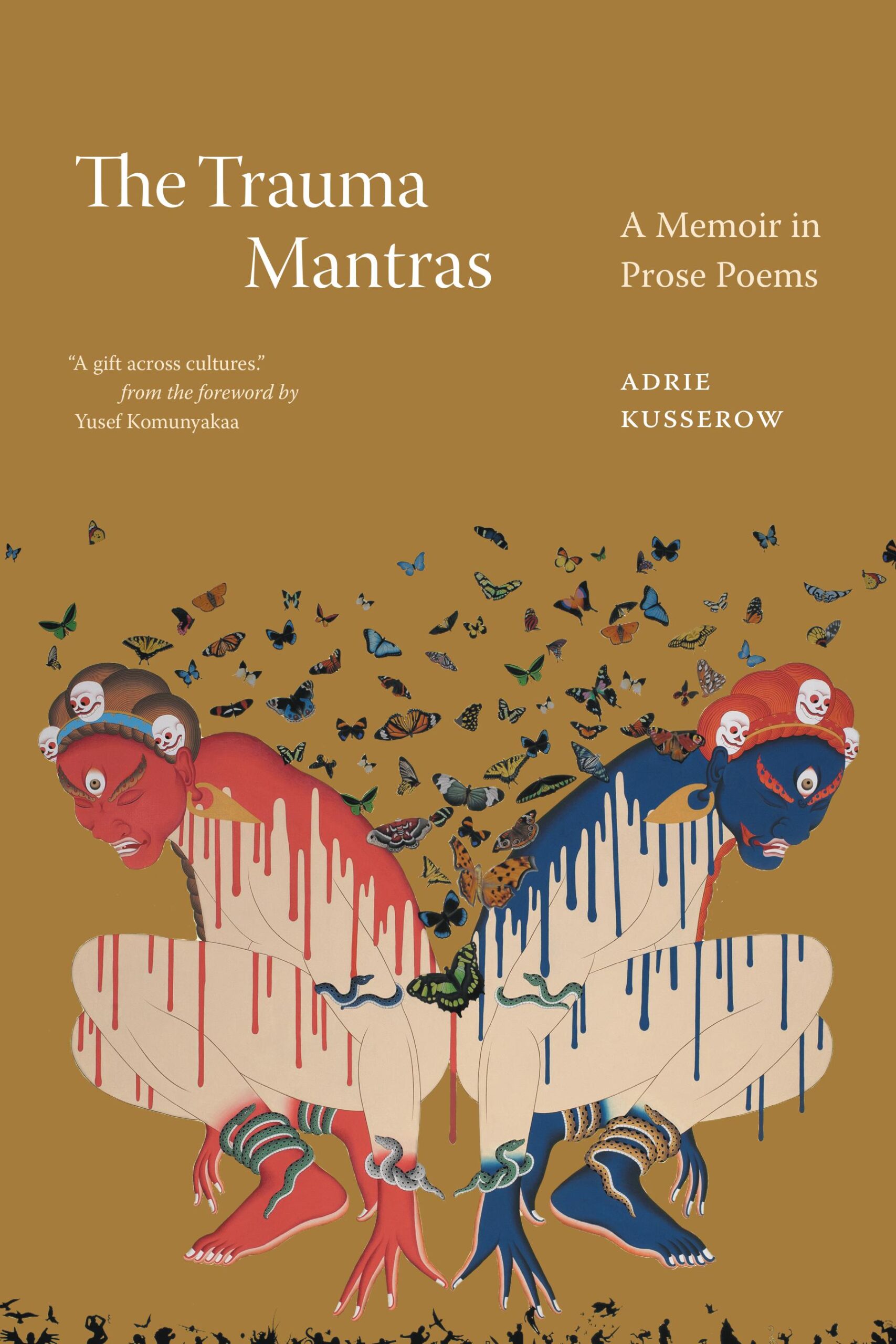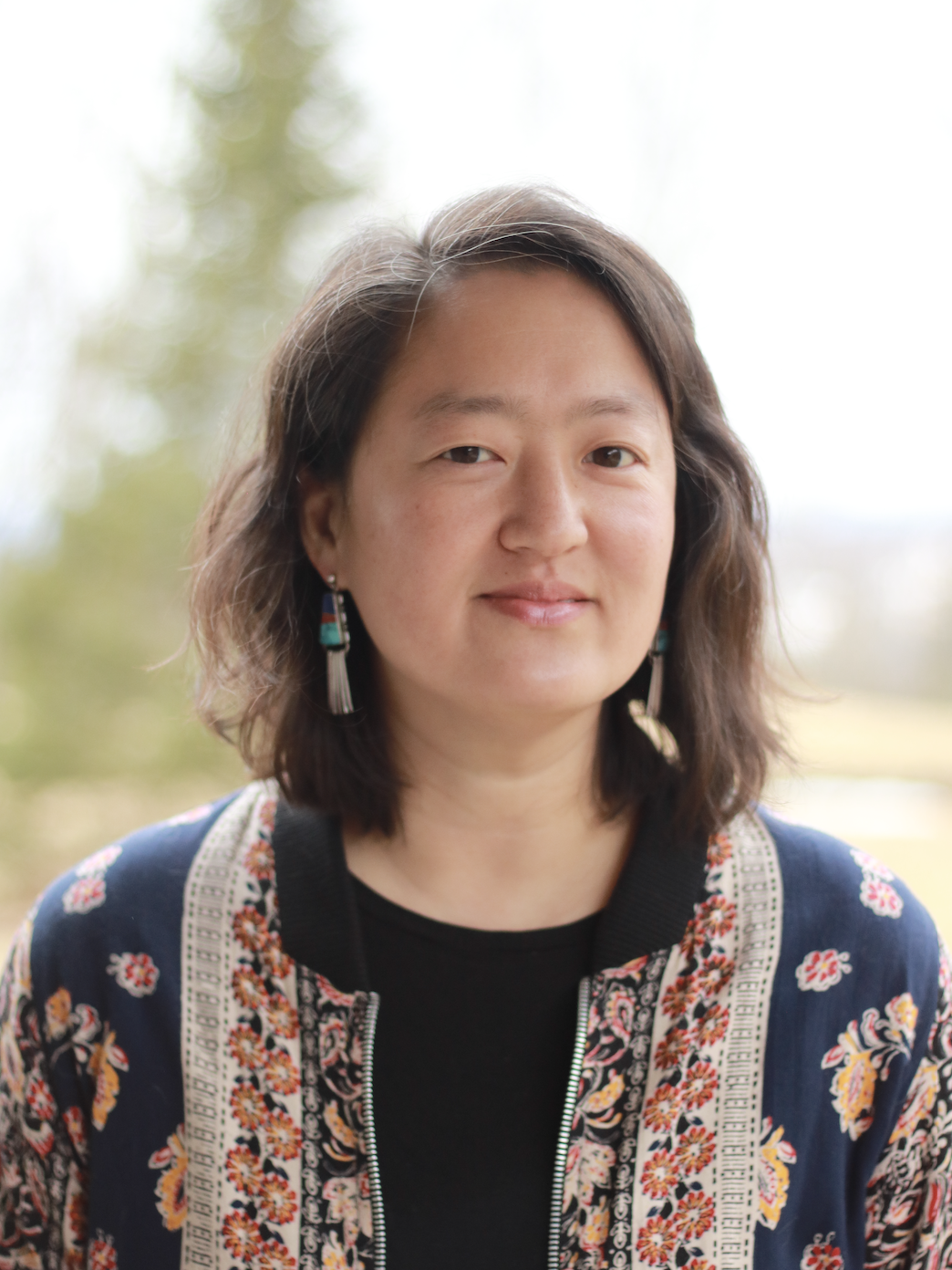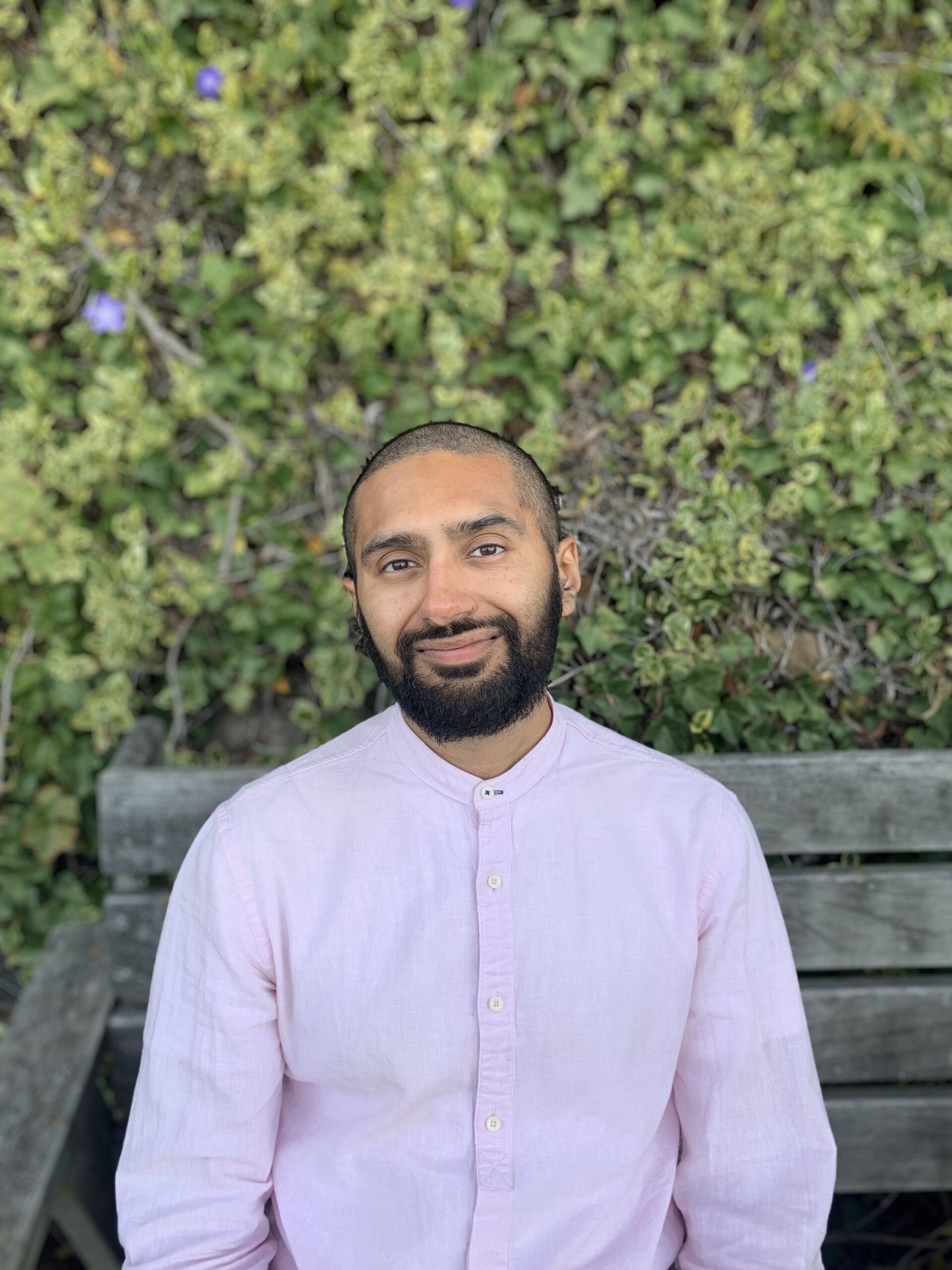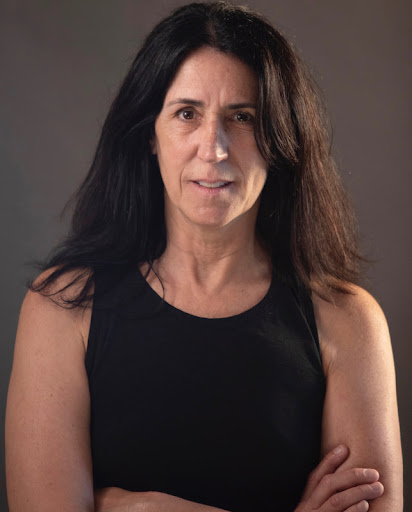EMILY EVERETT interviews BRUNA DANTAS LOBATO
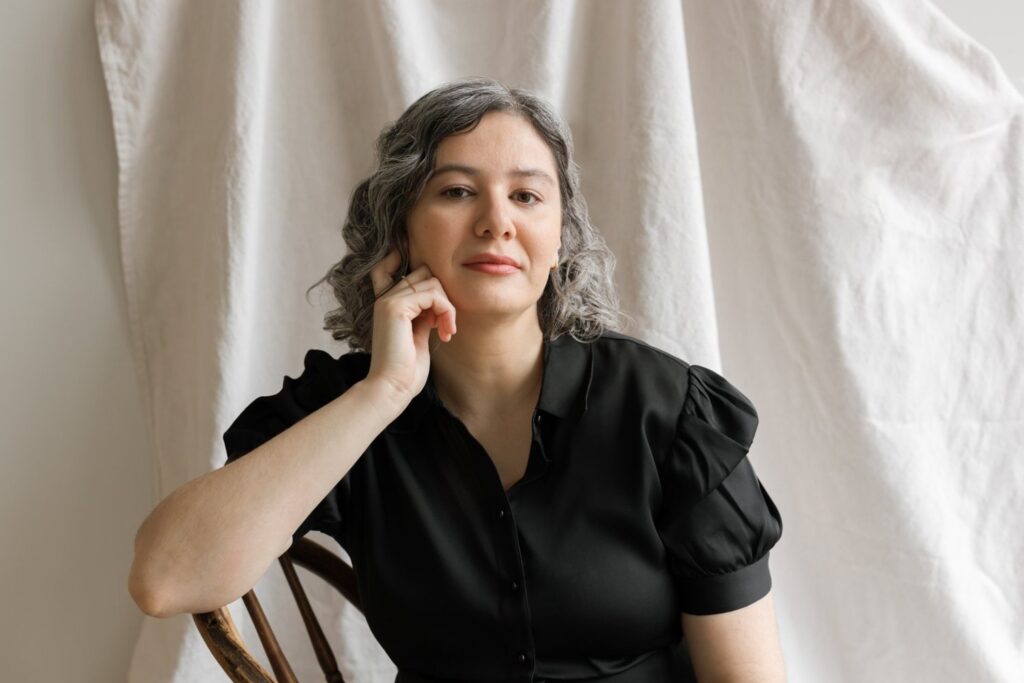
Back in 2017, The Common published a debut short story by a young Brazilian-American writer with a beautiful, understated style, and an enormous talent for translating big emotions into quiet gestures, thoughtful moments, and tense, restrained dialogue. Publishing debuts is always meaningful, but the best part comes after: watching those early-career writers go on to greater and greater successes.
Last year, that writer, Bruna Dantas Lobato, was awarded the 2023 National Book Award in Translation for The Words That Remain by Stênio Gardel. And this month, her debut novel is out from Grove Atlantic’s Black Cat imprint. She sat down with TC managing editor Emily Everett via Zoom to talk about that novel, Blue Light Hours. Zoom felt like a fitting medium: Blue Light Hours follows a first-year college student communicating with her mother back in Brazil only via Skype. They also discussed her work translating from Portuguese, and the pleasures and pitfalls of connecting with her home country through writing and translation. Bruna was born and raised in Natal, Brazil, and now lives in Iowa.

